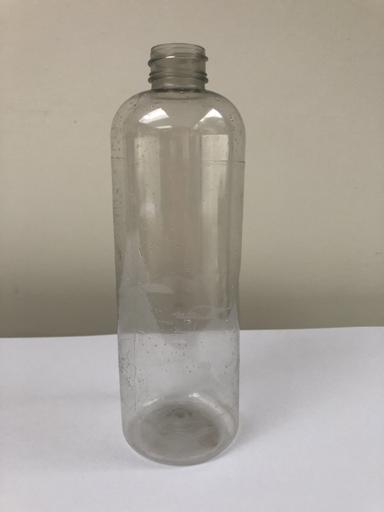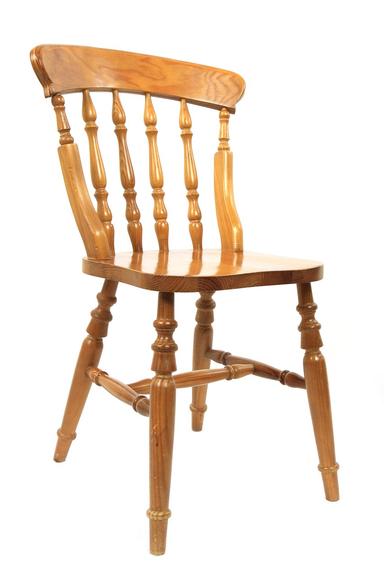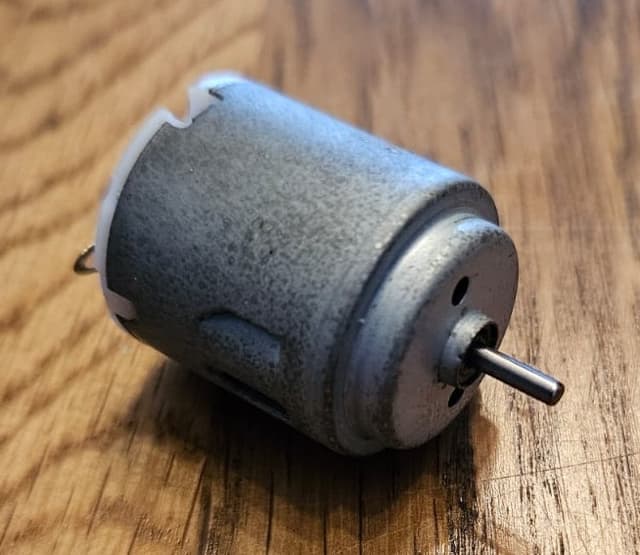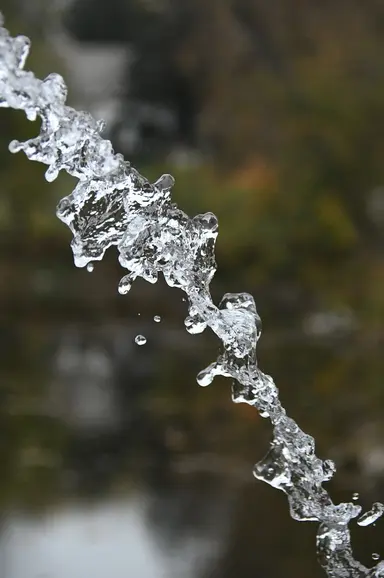Electrical conductors and insulators
I can sort materials into electrical conductors and insulators.
Electrical conductors and insulators
I can sort materials into electrical conductors and insulators.
These resources will be removed by end of Summer Term 2025.
Switch to our new teaching resources now - designed by teachers and leading subject experts, and tested in classrooms.
These resources were created for remote use during the pandemic and are not designed for classroom teaching.
Lesson details
Key learning points
- An electrical conductor is a material that allows electricity to pass through it easily.
- An electrical insulator is a material that does not allow electricity to pass through it easily.
- Metals are the best materials for conducting electricity.
- There are minerals that can conduct electricity when dissolved in water.
- Examples of electrical insulators are plastic, rubber, wood, glass and air.
Keywords
Material - A material is what objects are made from such as wood, metal or plastic.
Electrical conductor - An electrical conductor is a material that allows electricity to pass through it easily.
Minerals - A mineral is a naturally occurring solid, e.g. a salt.
Electrical insulator - An electrical insulator is a material that does not allow electricity to pass through it easily.
Common misconception
Only metals are electrical conductors. All non-metals are electrical insulators. Water is an electrical conductor.
Children will test materials for conductivity, but the teaching slides will note that some non-metals are electrical conductors and that it is the dissolved minerals in water that can conduct electricity, not the water itself.
To help you plan your year 4 science lesson on: Electrical conductors and insulators, download all teaching resources for free and adapt to suit your pupils' needs...
To help you plan your year 4 science lesson on: Electrical conductors and insulators, download all teaching resources for free and adapt to suit your pupils' needs.
The starter quiz will activate and check your pupils' prior knowledge, with versions available both with and without answers in PDF format.
We use learning cycles to break down learning into key concepts or ideas linked to the learning outcome. Each learning cycle features explanations with checks for understanding and practice tasks with feedback. All of this is found in our slide decks, ready for you to download and edit. The practice tasks are also available as printable worksheets and some lessons have additional materials with extra material you might need for teaching the lesson.
The assessment exit quiz will test your pupils' understanding of the key learning points.
Our video is a tool for planning, showing how other teachers might teach the lesson, offering helpful tips, modelled explanations and inspiration for your own delivery in the classroom. Plus, you can set it as homework or revision for pupils and keep their learning on track by sharing an online pupil version of this lesson.
Explore more key stage 2 science lessons from the Simple electrical circuits unit, dive into the full secondary science curriculum, or learn more about lesson planning.

Equipment
Equipment to make simple circuits and a range of materials to test for conductivity.
Content guidance
- Risk assessment required - equipment
Supervision
Adult supervision required
Licence
Starter quiz
6 Questions






Exit quiz
6 Questions








